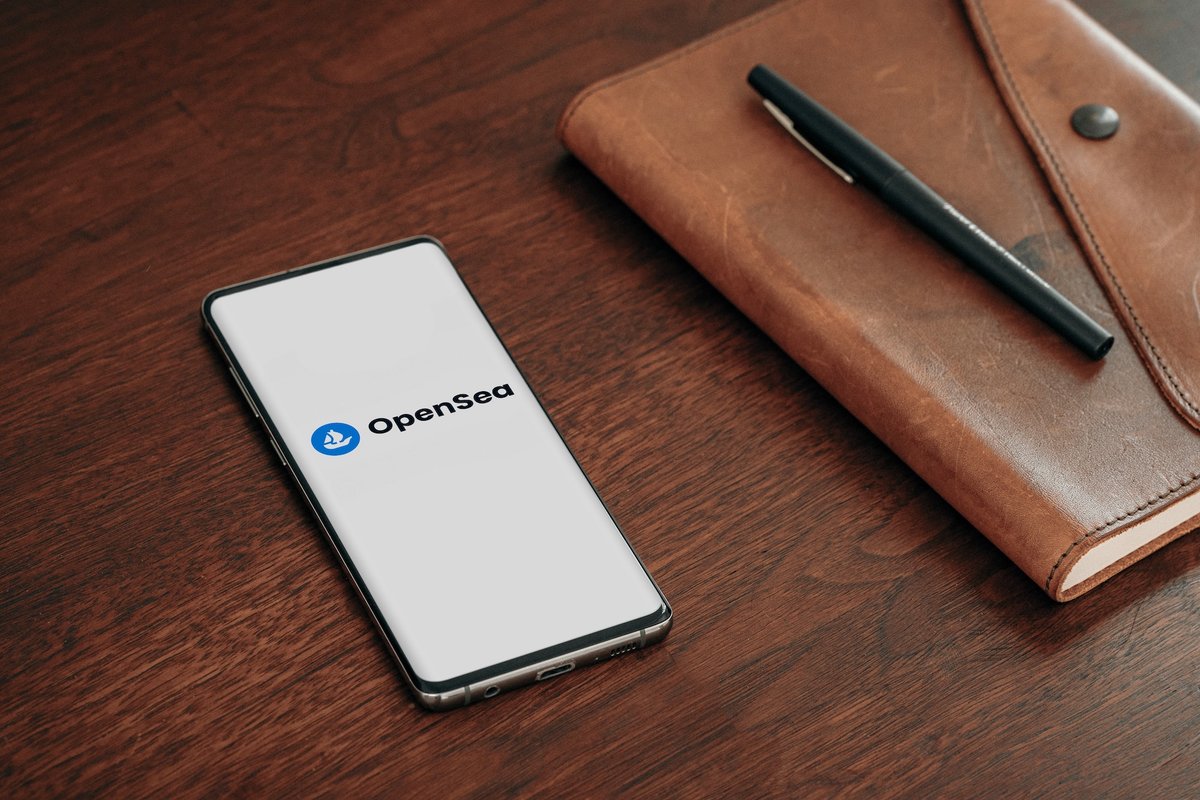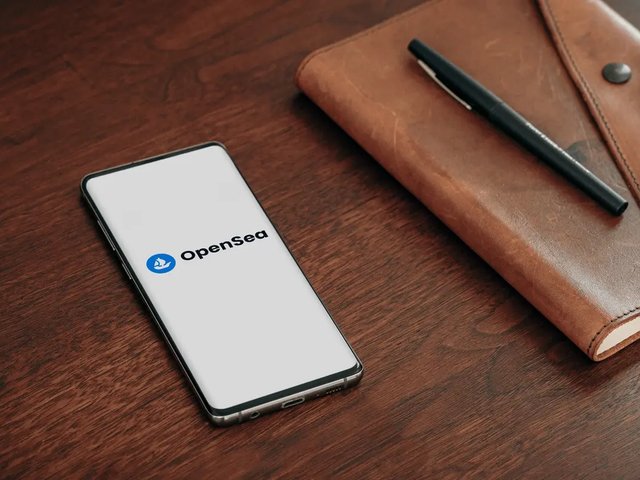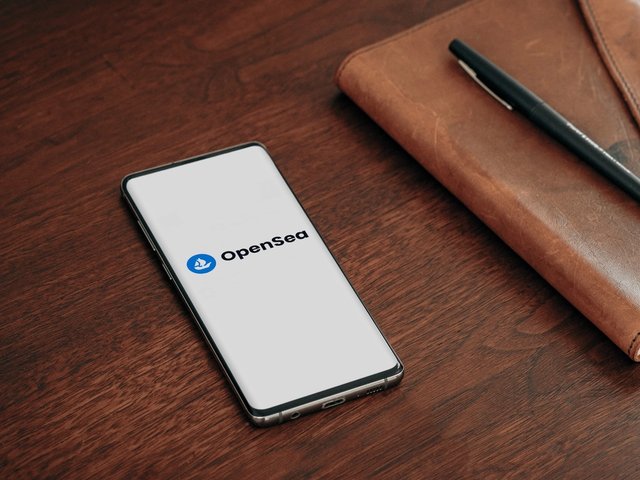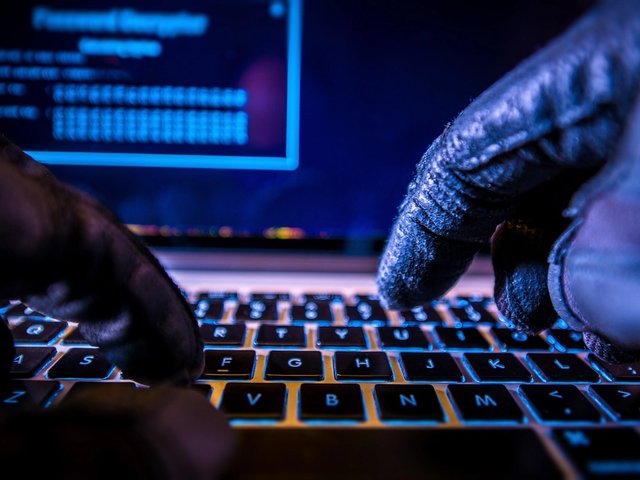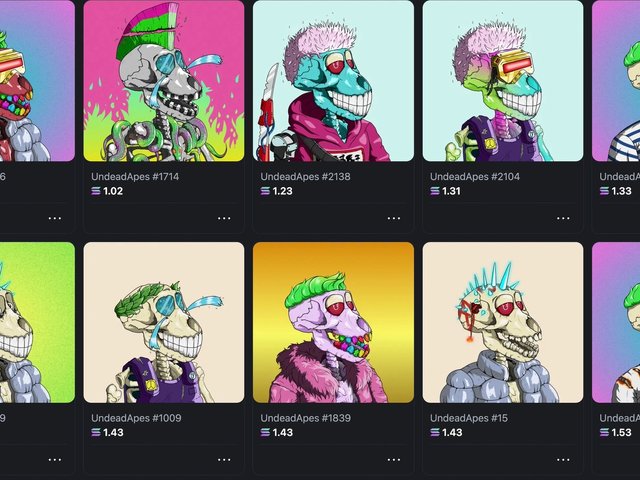On 3 May, Nathanial Chastain, a former product manager at the largest NFT (non-fungible token) marketplace, OpenSea, was found guilty of violating confidentiality procedures in order to sell NFTs at inflated profits, bringing the first-ever insider trading trial over digital assets to a close. Chastain was convicted of fraud and money laundering and awaits sentencing.
In his closing argument on Monday, prosecutor Thomas Burnett said, Chastain "abused his status at OpenSea to line his own pockets, and he lied to cover his tracks”, according to Reuters.
Chastain helped curate which tokens were featured prominently on OpenSea's website, which often led the assets to spike in price. While OpenSea’s company policy held that featured tokens would not be released until they went live on the marketplace’s homepage, Chastain bought the designated tokens in bulk and sold them after their identity was publicised. His scheme netted over $57,000 in profit, and his use of anonymous accounts to make illegal trades proved that he knew what he was doing was wrong, according to the prosecution.
"This case will send NFT marketplaces back to the drawing board in terms of their compliance policies and procedures—the foundation of the fraud theory is that Chastain was breaching a duty of trust or confidence to the source of his information," says Philip Moustakis, a lawyer and partner at Seward & Kissel. "NFT marketplaces are going to have to assess their risk in this regard and train their employees on the risk."
Moustakis adds, "This theory of fraud has never been applied to an asset class outside of securities or commodities before—it's not surprising someone like Chastain would be caught off guard by what he did."
The charges against Chastain marked the first in a series of high-profile cases related to digital asset trading facilitated by the US Attorney’s Office for the southern district of New York in 2022.
“Nathaniel Chastain exploited his advanced knowledge of which NFTs would be featured on OpenSea’s website to make profitable trades for himself," US Attorney Damian Williams said in a statement. "Although this case involved trades in novel crypto assets, there was nothing particularly innovative about his conduct—it was fraud. A jury has found that Chastain is guilty of using inside information for his own personal gain, and he now faces time in federal prison".


